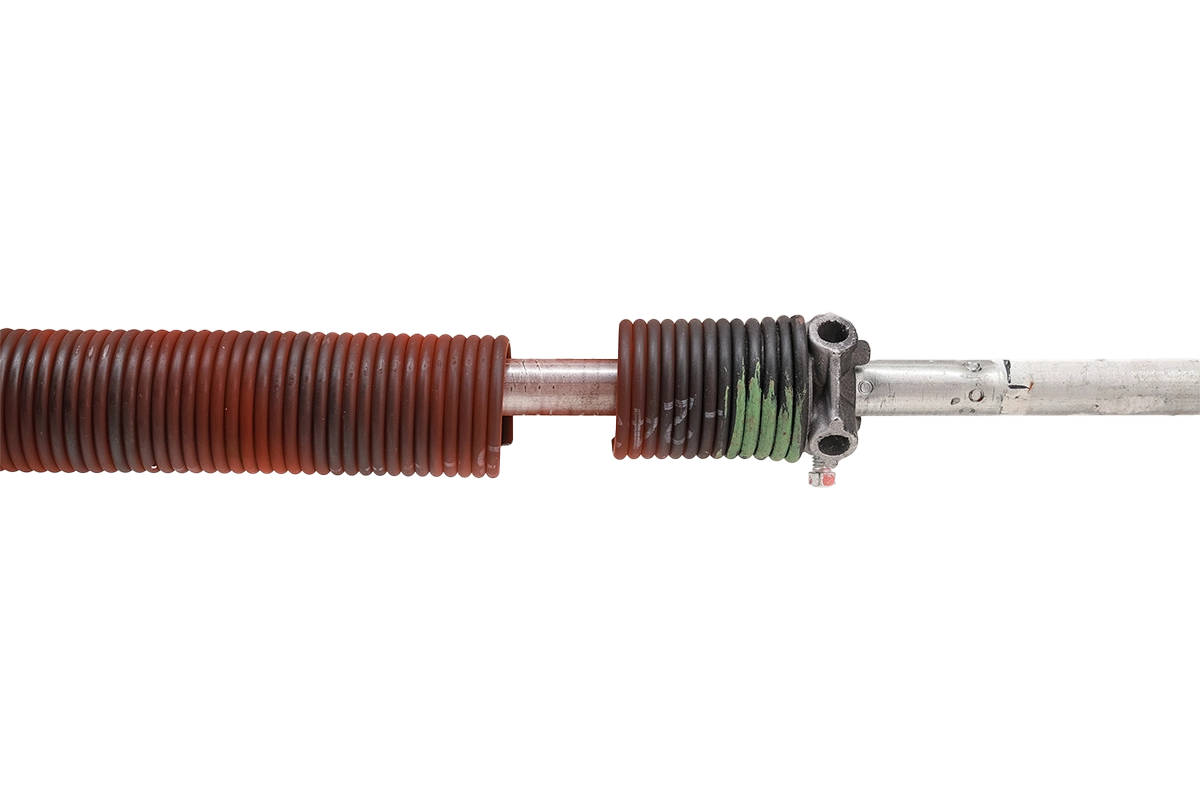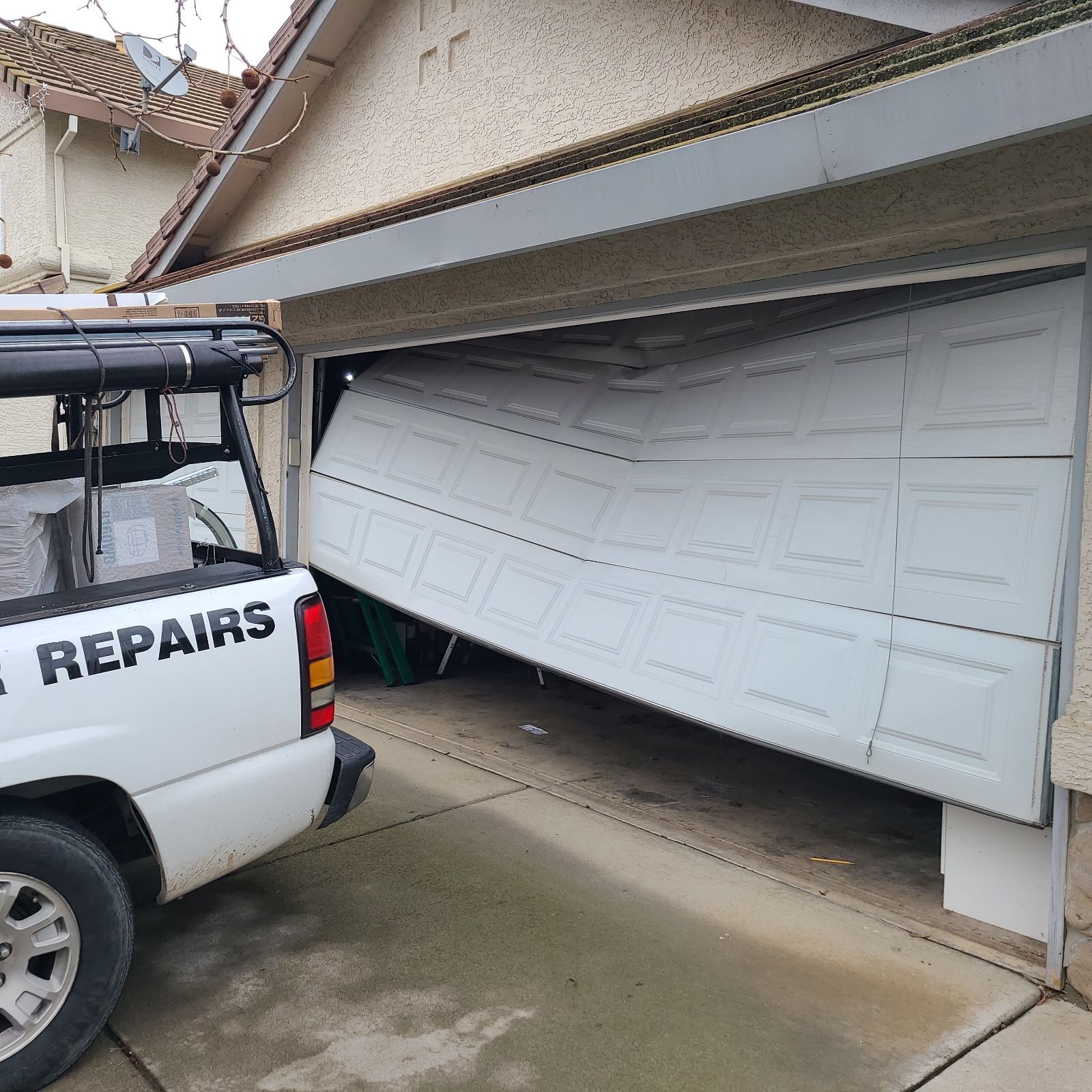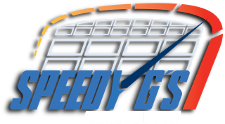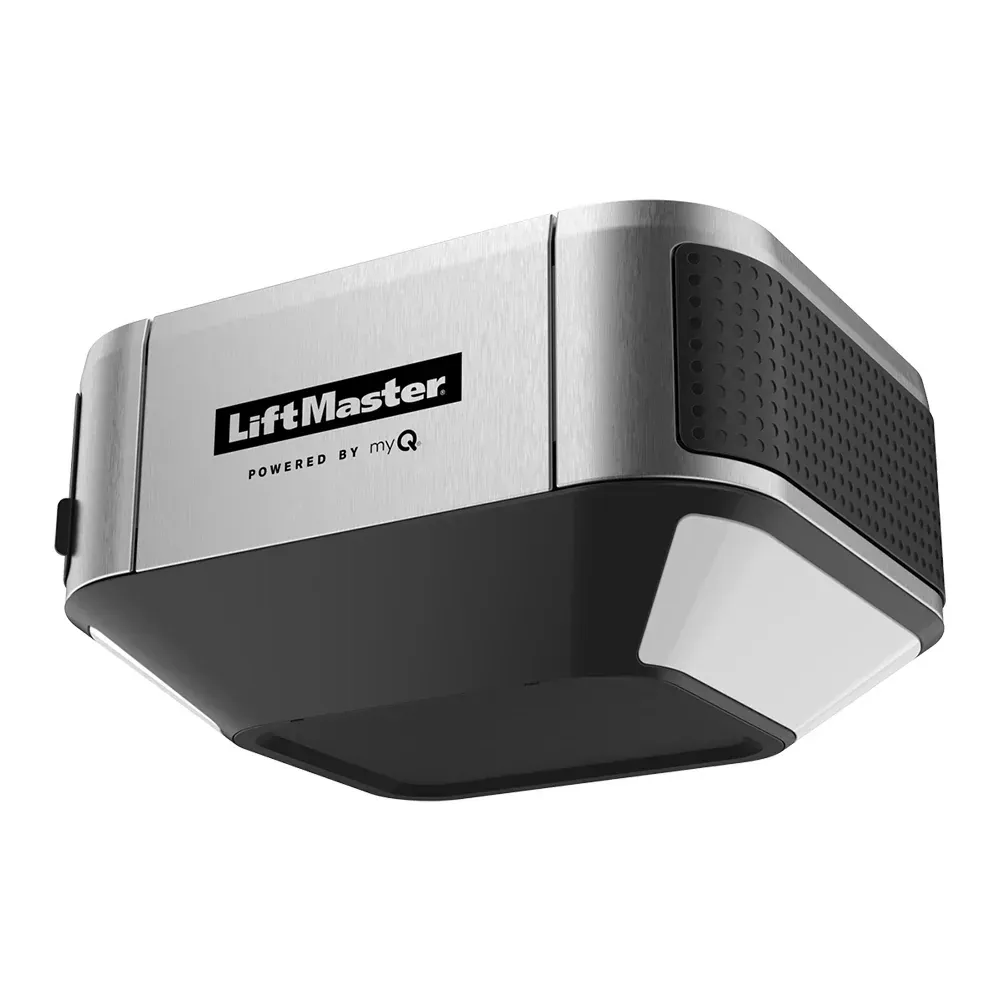Is Your Garage Door Spring Struggling? Here's What to Look For
Your garage door is likely the largest moving part of your home, and its smooth operation relies heavily on a crucial component: the garage door springs. These powerful springs bear the brunt of the door's weight, making it feel light enough to open manually or for your opener to lift effortlessly. But like any hardworking part, they can wear down and develop issues.
When your garage door springs are having problems, it's not just an inconvenience – it can be a safety hazard. Knowing what to look for can help you identify issues early and prevent further damage or potential accidents.
Here are the key signs that your garage door springs might be in distress:
1. The Obvious: A Broken Spring
This is perhaps the most unmistakable sign. Garage door springs, especially torsion springs, are under immense tension. When they break, it's often with a loud bang that sounds like a gunshot.
What to look for:
- A visible gap: If you have a torsion spring (the long one mounted horizontally above your garage door), you'll see a clear separation in the coil, usually an inch or two wide.
- A dangling spring: For extension springs (the two springs running parallel to the horizontal tracks), one or both might be visibly stretched out of shape or hanging loosely.
- The door won't open: If a spring is broken, your garage door opener will struggle immensely, or simply won't be able to lift the door at all. Attempting to open it with a broken spring can damage your opener.
- Extreme heaviness: If you try to lift the door manually, it will feel incredibly heavy, almost impossible to move.

2. Uneven Lifting or Crooked Door
Healthy garage door springs work in harmony to lift the door evenly. If one spring is weakening or damaged while the other is still functional, you'll notice an imbalance.
What to look for:
- One side lifting higher: As the door opens, one side might rise faster or higher than the other, causing the door to appear lopsided or crooked.
- Catching or grinding: The uneven movement can cause the door to catch on the tracks or produce grinding noises as it moves.
- Increased strain on the opener: Your garage door opener will be working harder to compensate for the imbalance, potentially leading to premature wear and tear on the opener itself.

3. The Door Closes Too Quickly or Slams Shut
If your garage door is dropping with unusual speed or slamming shut instead of gently closing, it's a strong indicator that your springs are losing their tension. The springs are designed to counterbalance the door's weight, allowing for a controlled descent.
What to look for:
- Rapid descent: The door falls much faster than usual when closing.
- Loud impact: A noticeable thud or slam when the door reaches the ground. This not only signifies a spring issue but can also damage the door and its components over time.
- Door bouncing: Sometimes, a door with weak springs might even bounce slightly when it hits the ground.
4. Excessive Squeaking or Grinding Noises
While some minor squeaking can be normal, especially if your springs haven't been lubricated recently, persistent loud squealing, groaning, or grinding noises are a red flag.
What to look for:
- Loud, metallic sounds: Sounds emanating directly from the springs as the door moves.
- Sounds during operation: The noises are most prominent when the door is opening or closing.
- Combination with other symptoms: If these noises are accompanied by uneven lifting or slow operation, it's highly likely a spring issue.
5. The Door Feels Heavier Than Usual
Even if your springs aren't visibly broken, they can lose tension over time due to normal wear and tear. This gradual weakening will make the door feel heavier, putting more strain on your garage door opener.
What to look for:
- Struggling opener: Your garage door opener sounds like it's working harder than it used to, or takes longer to open the door.
- Manual lifting difficulty: If you disconnect the opener and try to lift the door manually, it feels significantly heavier than it should. A properly balanced garage door should feel relatively light and easy to lift by hand.
What to Do If You Suspect a Spring Issue
If you notice any of these signs, it's crucial to act promptly. Do NOT attempt to repair or replace garage door springs yourself. They are under extreme tension and can cause severe injury if handled improperly.
Instead:
- Stop using your garage door: Continuing to operate a door with faulty springs can worsen the problem, damage your opener, and pose a significant safety risk.
- Contact a professional: Garage door spring repair and replacement should always be handled by trained and experienced technicians. They have the specialized tools and knowledge to safely diagnose and fix the issue.
By being aware of these warning signs, you can ensure the continued safe and efficient operation of your garage door and avoid more costly repairs down the line. If you're experiencing any of these issues, don't hesitate to reach out to a trusted garage door professional in your area.

